Why is the UK dropping TV and picking up tablets?
Convenience, cost, quality and awareness are all factors
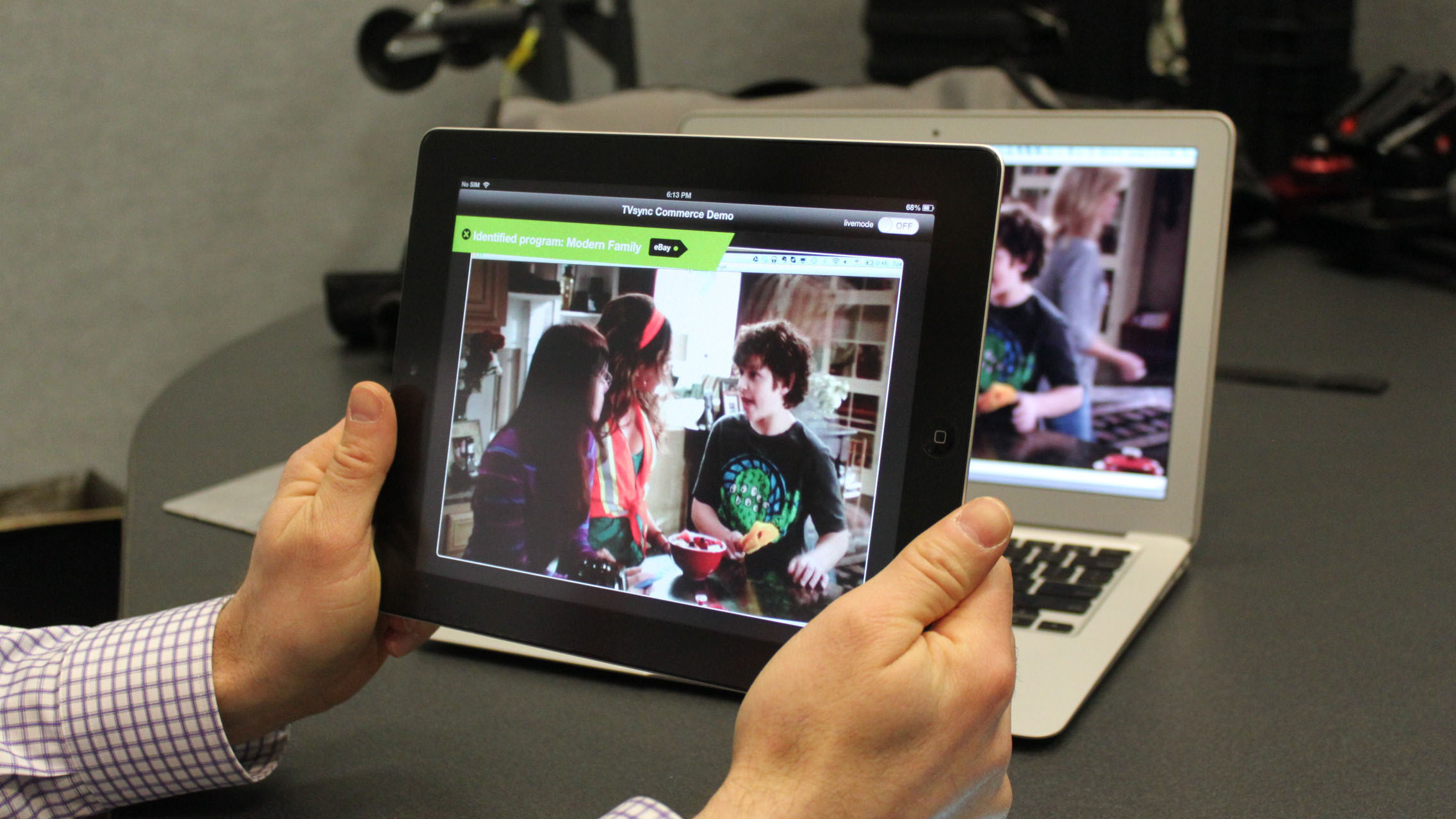
It's official: the UK - one of the world's most mature television nations - has seen a fall in the number of households with a television, as we slowly opt for our devices rather than the familiar gogglebox.
The fall between 2012 and 2013 was just a few hundred thousand, but it is the first ever decline since we started measuring how many people were moving from the trusty old radio to this newfangled television lark.
Let's be completely clear and say right now that this is not really the beginning of the end for television, there are factors beyond the tablet and phone that will affect the numbers and, although millions of us have started to watch television on our devices, the vast majority see it as supplemental to our big screen TV rather than instead of it.
But, Ofcom, the UK communications regulator, is unequivocal in blaming devices for the fall - quite rightly treating it as another reason why the frustrating failure to get enough of Britain connected at a meaningful speed is so vital.
Four factors
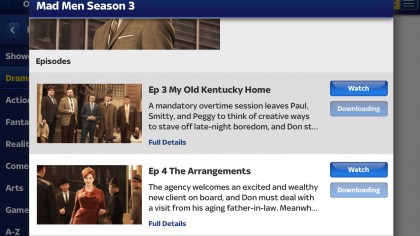
So why are people eschewing the big screen in favour of devices? It boils down to a few familiar reasons - cost, quality, convenience and awareness.
Watching television remains an expensive habit: Britain has a license fee system that requires UK residents to fork out a fee that is used to fund the BBC. The rules around streaming should mean that the fee is required for any linear TV watching - but that means those who are using catchup services, Netflix/Amazon Prime or YouTube are exempt. At least for the mean time.
Some of the big broadcasters are probably also contributing in small but significant ways to the decline. It's not the best kept secret that many households that subscribe to a major service like Sky then allow their offspring to fly the nest complete with the sign in details for online extension to this service.
Get daily insight, inspiration and deals in your inbox
Sign up for breaking news, reviews, opinion, top tech deals, and more.
That means, for example, that if little Jimmy goes off to University and his family are a Sky subscriber, he might well do so with a Sky Go account login that means he can stream television to his tablet, negating the need for his own subscription and/or television.
It's obviously not something Sky would condone, but the question of whether it is happening has been raised formally with the company on several occasions.
And let's not forget, an entire generation has grown up consuming video content on sites like YouTube, and through iPlayer and not feeling that they are paying for it. Shifting attitudes to paying for viewing is not a simple task.
Quality
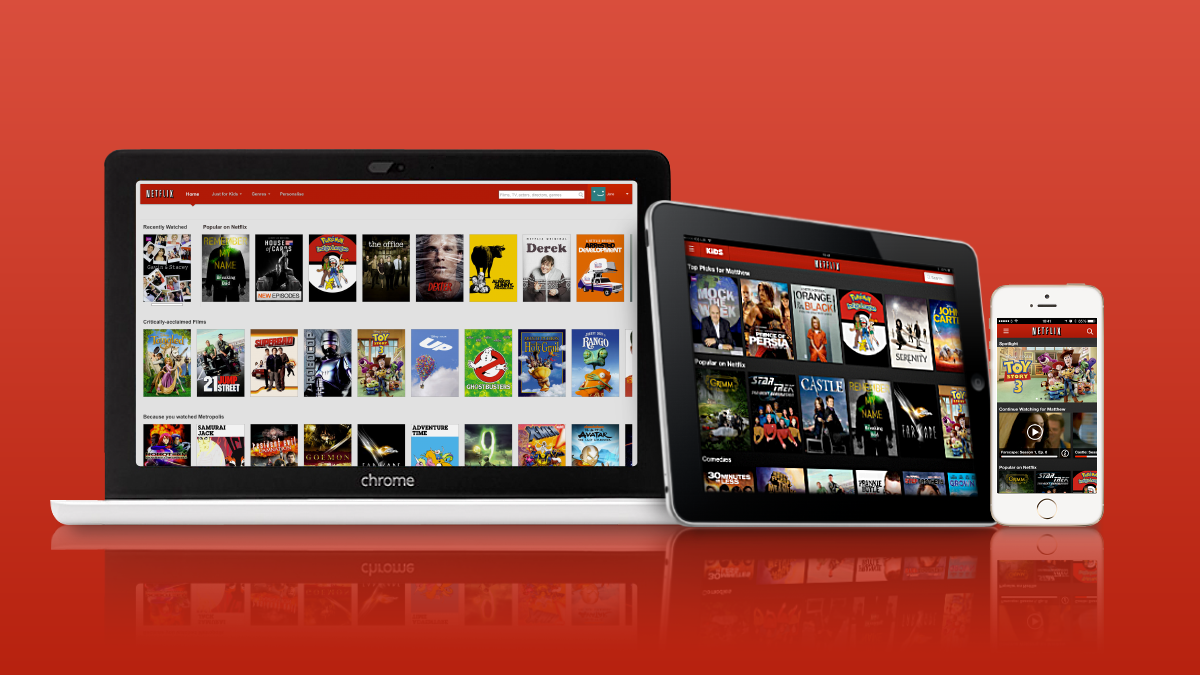
Allowing people to avoid ongoing costs, as well as the obvious cost of actually buying a television, is one thing, but also a key factor is that the loss in quality of experience is declining.
Quality tablets, high-resolution phone screens and luscious laptops mean that we are no longer having to make such a clear decision on viewing quality.
Of course, watching a Hollywood blockbuster on a Full HD LCD screen remains a top-tier viewing experience, but although there is a size difference watching the movie on a retina iPad Air 2 or laptop though Netflix is not a million miles away; a huge progression on from the muddy experience of a few years ago.
Convenient
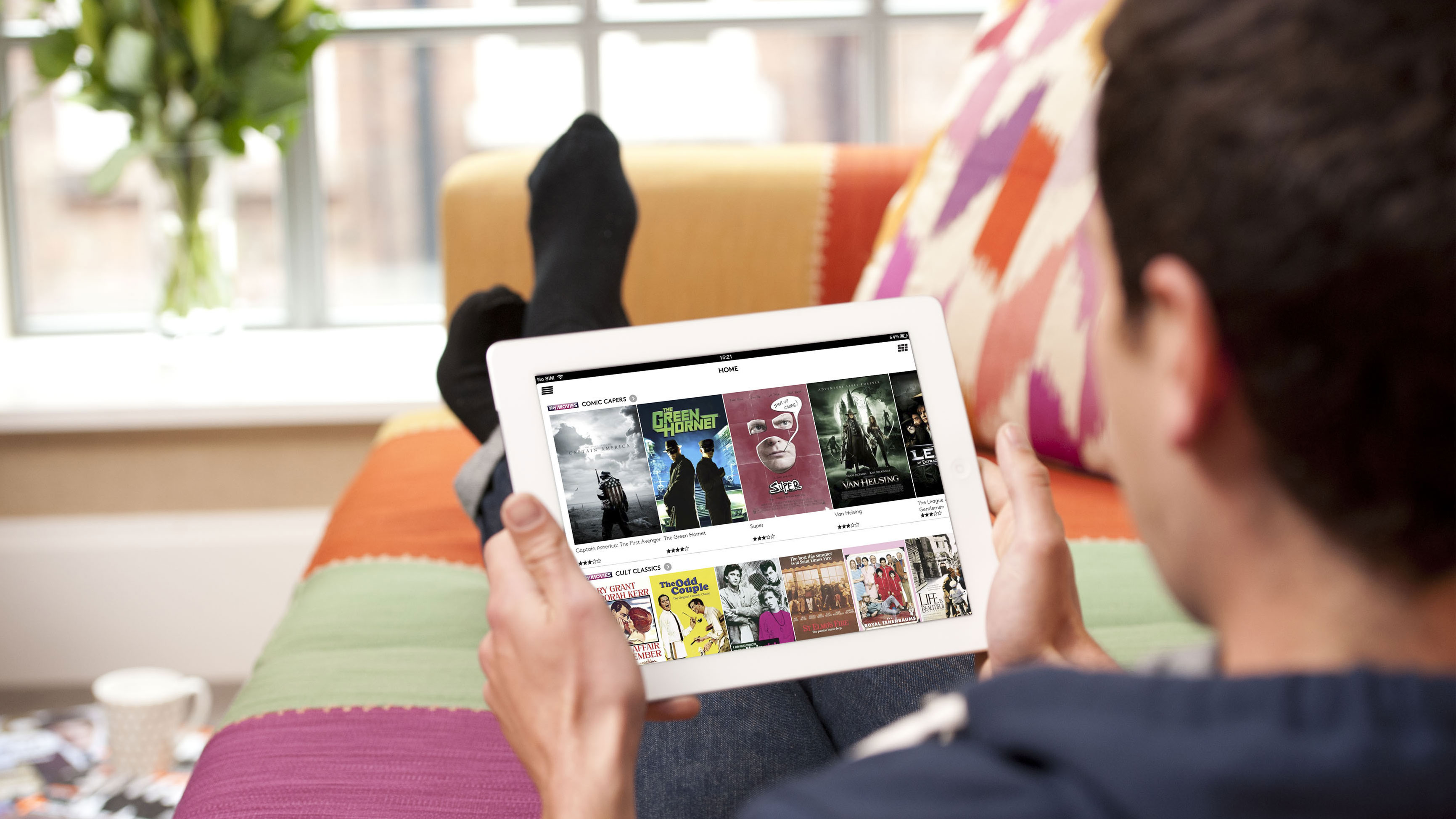
And then there's convenience - not only do we own the devices that make viewing a decent experience, we also get a sea of benefits from choosing to eschew traditional linear TV.
The convenience of watching (a lot of) what we want, when we want it is something that a YouTube generation demands and expects. And the sheer wealth of services - the likes of Netflix, Amazon, Now TV, Blinkbox, YouTube et al - mean that there is precious little compromise in what we can watch.
Last, but not least, we are a tech savvy nation - people are aware of many or all of these benefits and they are actively making the decision to not buy a television.
Life in the old dog
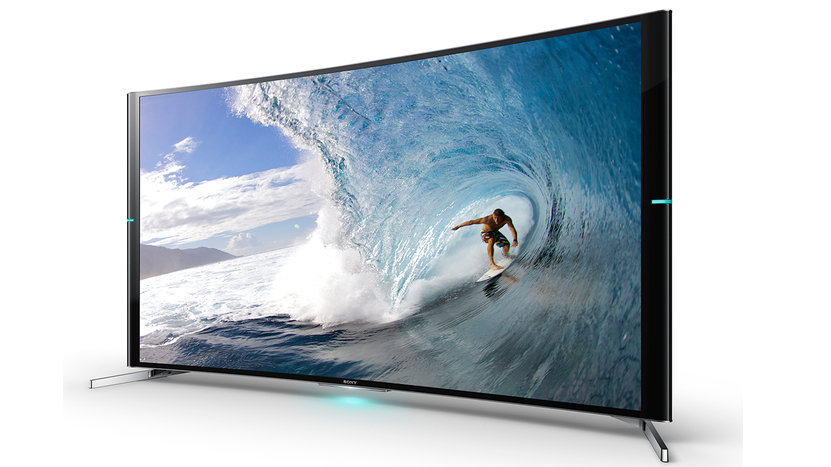
This is simply not a nail in televisions as yet uncarved coffin - the television remains the primary experience for viewing and will do so for the foreseeable future.
I'd suggest that a large number of non-TV households would have one of their circumstances changed, and the shifting sands of screen technology will provide new reasons to go with a big static screen in front of our collective sofas - be it 4K or simply bigger screens to provide a wider gap in experience.
But, we can no longer write off tablets, laptops and phones as a small cog in our viewing wheel. With viewing habits evolving devices are providing us with not only a second screen but also a primary one when we want it. And frankly that's no bad thing.
Patrick Goss is the ex-Editor in Chief of TechRadar. Patrick was a passionate and experienced journalist, and he has been lucky enough to work on some of the finest online properties on the planet, building audiences everywhere and establishing himself at the forefront of digital content. After a long stint as the boss at TechRadar, Patrick has now moved on to a role with Apple, where he is the Managing Editor for the App Store in the UK.
